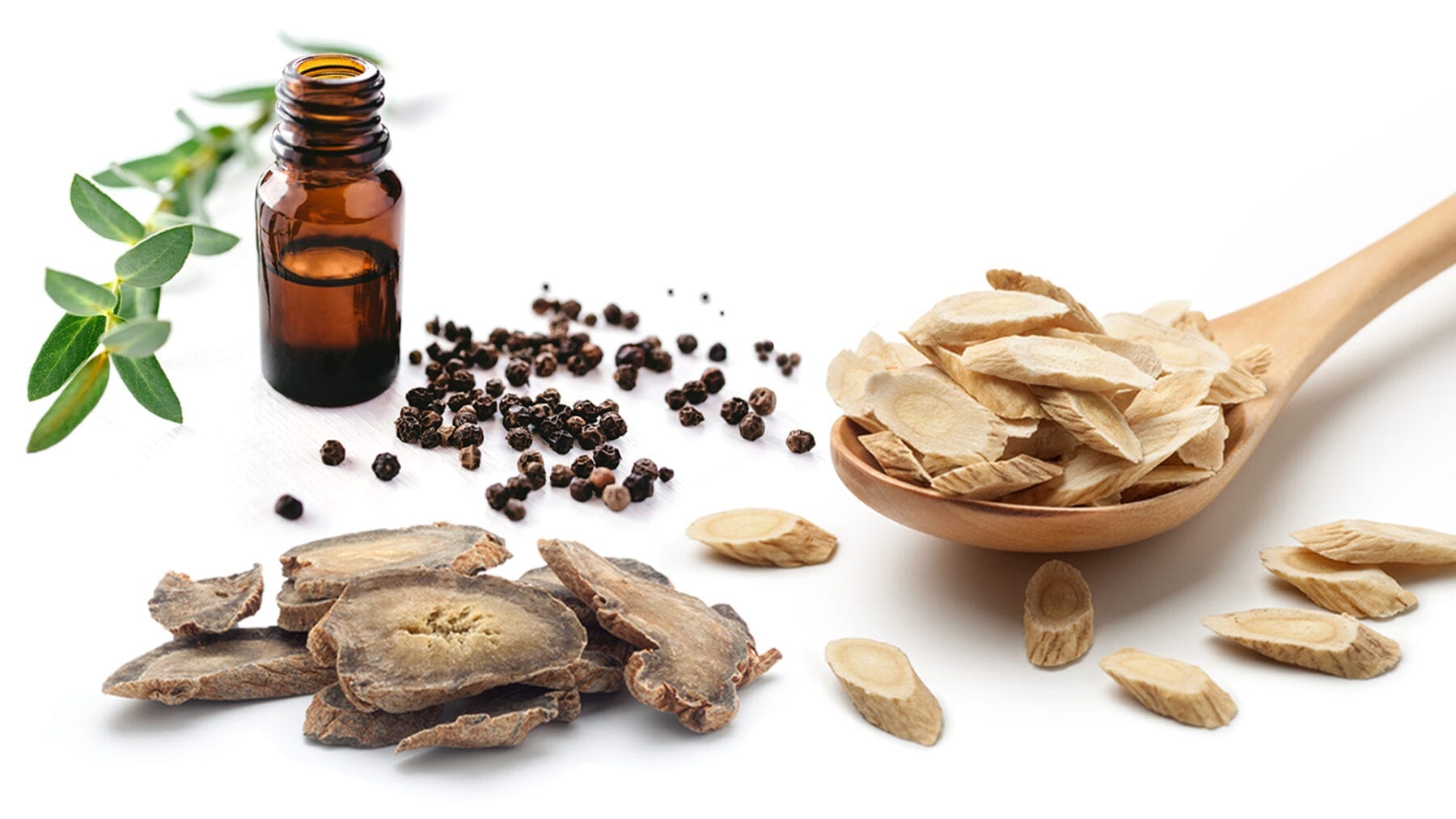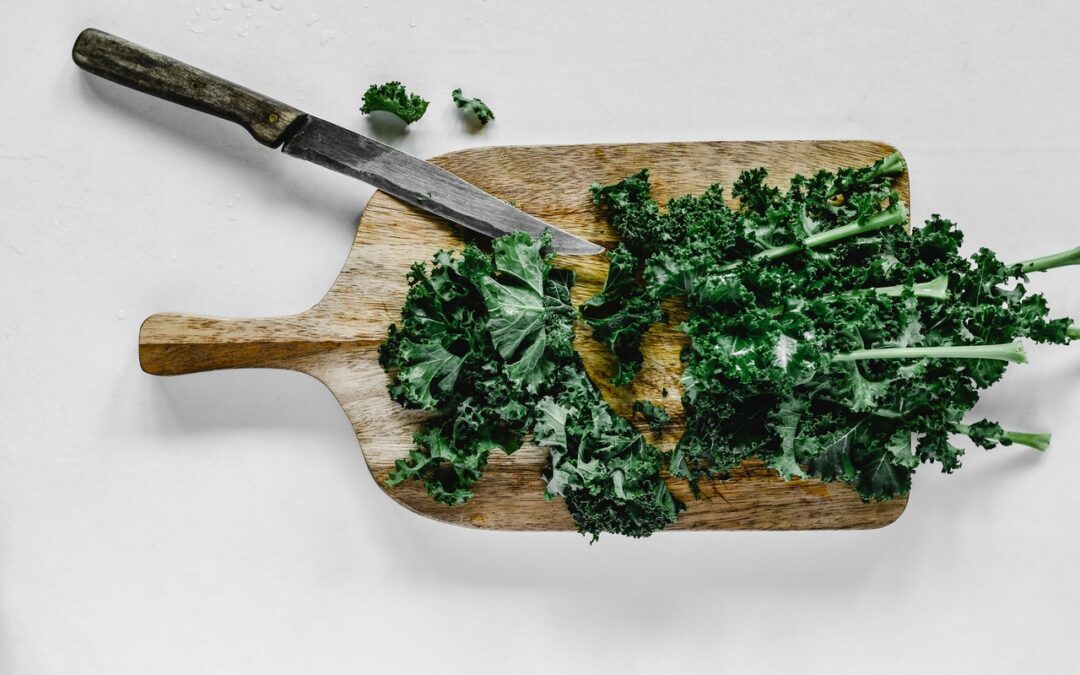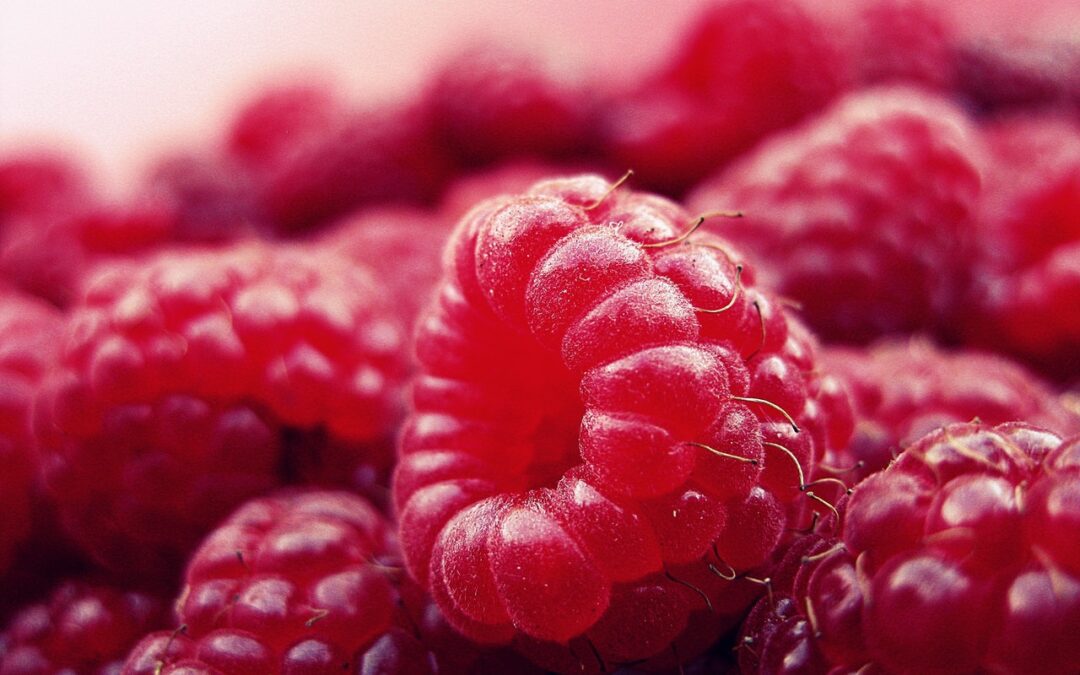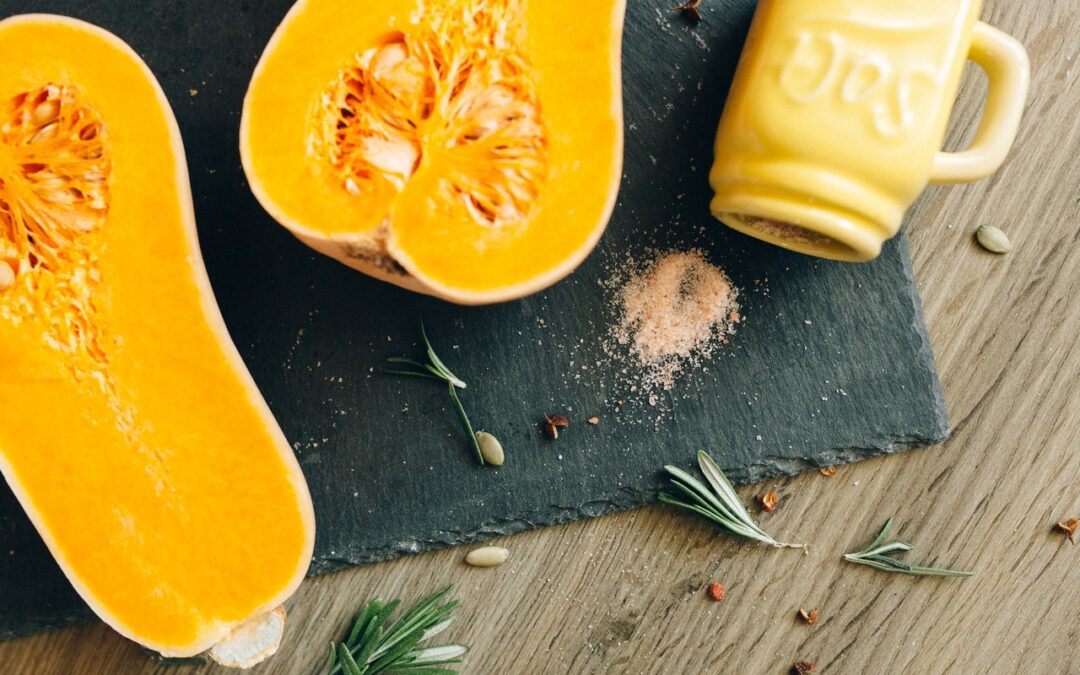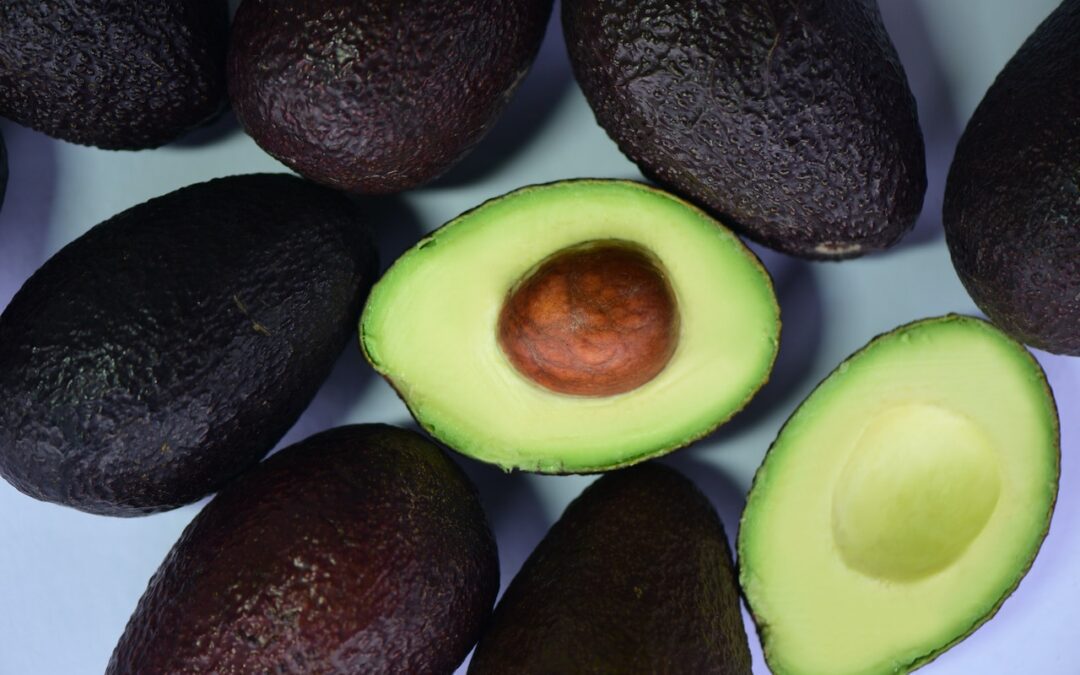
Foods High in Key Vitamins

Written by Dr. Mudassar Javed
Medical Officer (MBBS)
CATEGORIES
View All
BioWOW Foods® Safety/Quality
Full-Body Workouts
Healthy Eating
Joint Health
Self-Care Strategies
Supplements Guide
Featured Videos
Vitamins are micro-nutrients, which means they are required in small amounts. This means they may vary from a fraction of a milligram to several milligrams. Regardless of the amount, they are essential for human body growth, development, and normal functioning. Vitamins are divided into two broad categories.
The first category is “fat-soluble vitamins” which are vitamins A, D, E, and K. Only vitamin D can be synthesized or extracted from fats in the human body. The rest of them need to be taken in our diet. The other category is “water-soluble vitamins,” which are vitamins B1, B2, B3, B6, B12, and vitamin C.
Deficiency diseases occur if they are not consumed in adequate amounts. Here is a list of the major sources of vitamins that can be added to our diets:
10 Foods With Key Nutrients to Add to Your Diet
1.) Dairy Products
Milk, butter, ghee, and cream are dairy products obtained from cattle. They are the source of vitamin A, D, K, and also vitamin B2. Their deficiency can cause night-blindness, rickets in children, and osteomalacia, and osteoarthritis in adults. They are protective against inflammatory diseases such as rheumatoid arthritis.
2.) Meat
Pork, chicken, beef, lamb, and turkey are some common meats. These meats, especially their livers, are a high source of vitamin A and D (as they are attached to animal fat). Vitamin B2, B3, B6, and vitamin B12 are also present in them. Deficiency diseases are xerophthalmia, rickets and osteomalacia, and osteoarthritis in the elderly.
3.) Green Leafy Vegetables
Kale, spinach, cabbage, beet-green, and lettuce are some green leafy vegetables. They are a good source of vitamin A, E, and K, thus have a key role in maintaining night vision, coagulation system, and anti-oxidation in the body. Vitamin B2 and vitamin C are also obtained from them.
4.) Legumes
They are vegetable beans, chickpeas, green peas, and soya beans, etc. They are a good source of vitamin A, E, and K. Vitamin B1 and vitamin C are also obtained from them.
5.) Whole Grains
Oat, maize, and wheat are some common grains. Vitamin E, B1, B6, and vitamin C are obtained from them. They are excellent sources of antioxidant nutrients thus have anti-inflammatory roles.
6.) Fish
Fish is a good source of protein and also contains plenty of micro-nutrients. Vitamin A, D, and K are obtained from them. They have vitamin B3 and are proactive against pellagra.
7.) Nuts
Almonds, Brazil nuts, cashew nuts, hazelnuts, macadamias, pecans, pine nuts, pistachios, and walnuts are some examples of nuts. They are rich in vitamins E, B6, niacin, and folate.
8.) Cereals
They are rich in vitamin E, B1, B2, and B3. In pregnancy, these nutrients play important role in the growth and development of the fetus and mother.
9.) Sun Rays
Exposure of skin to sun rays extract vitamin D from body fats and synthesize its active form. It is vital for the mineralization of bones and teeth so its deficiency causes rickets in children and osteomalacia in adults. Vitamin D is also protective for osteoarthritis and rheumatoid arthritis.
10.) Fruits
Citrus fruits are a good source of vitamin C. Melons and mangoes are rich in vitamin A and K. Blueberries have vitamin B3. Bananas have vitamin B6.
References:
1.) CDC. 2020. “Micronutrient Facts.” Centers for Disease Control and Prevention. Retrieved January 20, 2021 (https://www.cdc.gov/nutrition/micronutrient-malnutrition/micronutrients/index.html).
2.) Publishing, Harvard Health. n.d. “The Best Foods for Vitamins and Minerals.” Harvard Health. Retrieved January 20, 2021 (https://www.health.harvard.edu/staying-healthy/the-best-foods-for-vitamins-and-minerals).
3.) Anon. n.d. “Fat-Soluble Vitamins: A, D, E, and K – 9.315.” Extension. Retrieved January 20, 2021 (https://extension.colostate.edu/topic-areas/nutrition-food-safety-health/fat-soluble-vitamins-a-d-e-and-k-9-315/).
4.) Anon. n.d. “Vitamins: Their Functions and Sources.” HealthLink BC. Retrieved January 20, 2021 (https://www.healthlinkbc.ca/health-topics/ta3868).
5.) Anon. 2017. “The Fat-Soluble Vitamins: A, D, E and K.” Healthline. Retrieved January 20, 2021 (https://www.healthline.com/nutrition/fat-soluble-vitamins).
Meditation Tips From The Pros

Written by Dr. Hafeez Arshad
General Physician



